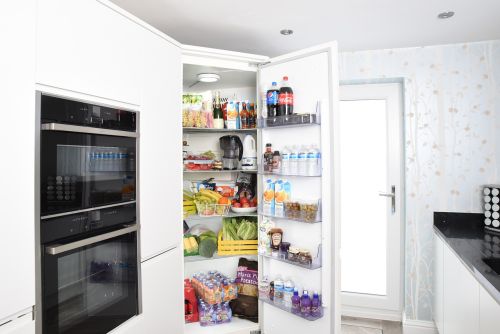Olive Oil for Eco-Friendly Home Cleaning

Olive oil is a household staple, often associated with the kitchen and culinary delights. However, its uses extend far beyond cooking. This simple, natural product can become an essential part of your eco-friendly cleaning arsenal. In a world increasingly leaning toward sustainability, olive oil offers an effective, non-toxic alternative to the many harsh chemicals found in traditional cleaners. In this article, we’ll explore the many ways olive oil can be utilized in your home for various cleaning tasks, from polishing wooden furniture to removing sticky residues, while enhancing the longevity of your possessions and contributing to a healthier living environment.
Why Olive Oil?
Olive oil is not just a lubricant or salad dressing; it’s a versatile natural compound rich in essential properties that make it an excellent cleaner. Derived from olives, olive oil contains a unique combination of antioxidants, fats, and natural compounds that help break down grime, nourish surfaces, and offer protective qualities. The high concentration of monounsaturated fats is particularly important, as these fats don’t oxidize easily, meaning they won’t cause surfaces to degrade over time. This is key to using olive oil as a cleaning agent because it nourishes rather than stripping away protective layers, which is a common issue with many commercial cleaners. The result is a cleaner, shinier, and healthier surface, whether you're dealing with wood, metal, or leather.
Olive oil’s molecular structure also allows it to act as a gentle abrasive in some cases, making it a great option for polishing surfaces without the harshness of synthetic chemicals. Unlike many store-bought polishes that contain VOCs (volatile organic compounds), olive oil is safe for you, your family, and the environment. VOCs are known to contribute to indoor air pollution and have been linked to various health problems, including respiratory issues and long-term diseases. Therefore, using olive oil not only improves your immediate surroundings but also plays a small part in reducing your household’s overall carbon footprint.

1. Polishing Wooden Furniture
Wooden furniture, whether it's a vintage table or modern cabinets, requires regular maintenance to keep it looking its best. While commercial wood polishes are widely available, they often contain chemicals that can build up over time and lead to a dull finish. Olive oil offers a completely natural alternative that nourishes and shines wood without any risk of buildup or surface damage. A simple mixture of two parts olive oil and one part lemon juice or vinegar creates an effective, all-natural polish that not only cleans but also conditions the wood, helping to maintain its natural luster for longer periods.
This mixture works by penetrating the wood’s surface to moisturize it from the inside, preventing cracks and warping caused by dryness. Lemon juice or vinegar, which are both mildly acidic, help to cut through grime and stains that accumulate over time, while the olive oil locks in moisture and adds shine. To use, dip a soft cloth in the mixture and rub it onto the wooden surface in circular motions, working with the grain of the wood. After a few minutes, buff the surface with a clean, dry cloth to remove any excess oil and reveal a gleaming finish. This method is particularly effective for antique wooden furniture, which can be sensitive to the harsh chemicals in many store-bought products. By using olive oil, you're not only cleaning but also preserving the integrity and appearance of your furniture for years to come.
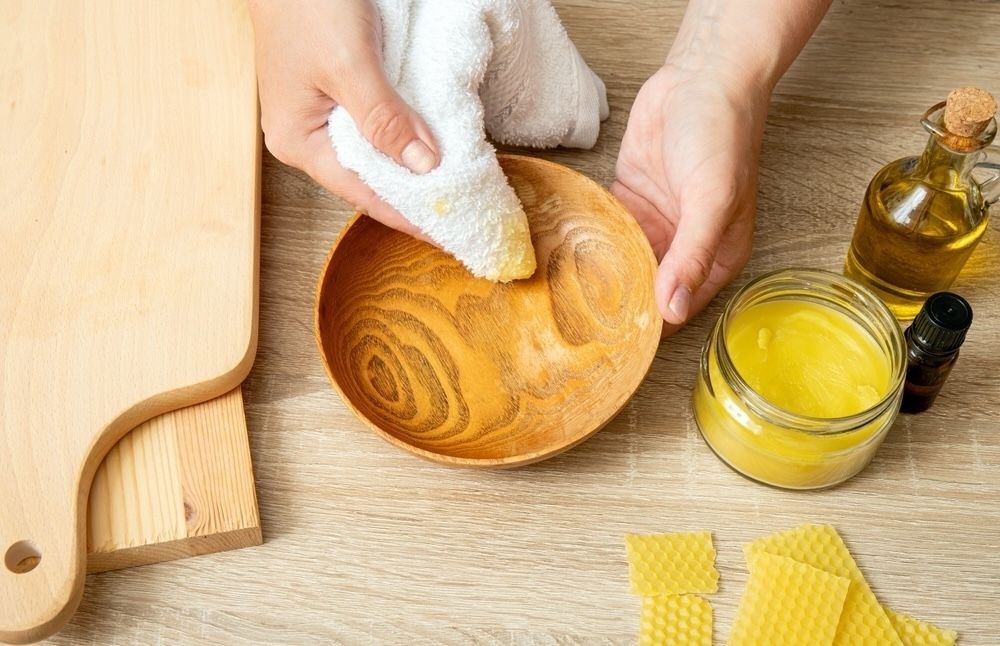
2. Shining Stainless Steel
Stainless steel appliances are a popular choice in modern kitchens due to their sleek and polished appearance. However, they can easily become marred by fingerprints, smudges, and streaks that are difficult to remove without leaving behind a residue. Many commercial stainless steel cleaners contain harmful chemicals that, while effective, can release VOCs into the air and leave behind a synthetic coating that dulls the shine over time. Olive oil, on the other hand, provides a non-toxic, residue-free solution that restores the natural shine of stainless steel surfaces without damaging them.
To clean your stainless steel appliances with olive oil, start by wiping down the surface with a damp microfiber cloth to remove any loose dirt or grime. Next, apply a small amount of olive oil to another clean, dry cloth and gently rub it onto the surface, following the grain of the steel. The oil will not only lift smudges and fingerprints but also fill in any minor scratches, leaving the surface smooth and shiny. This method is particularly effective for high-touch areas like refrigerator doors and oven handles, where smudges are most noticeable. The best part? Olive oil doesn't leave behind any sticky residue, and the surface will be easier to keep clean in the future because the oil acts as a protective layer that repels dirt and dust.
Unlike chemical-based cleaners, which can degrade stainless steel over time, olive oil conditions the surface, making it more resistant to future marks and streaks. This eco-friendly alternative is perfect for those who want to maintain their kitchen's modern aesthetic while committing to a greener, healthier cleaning routine.
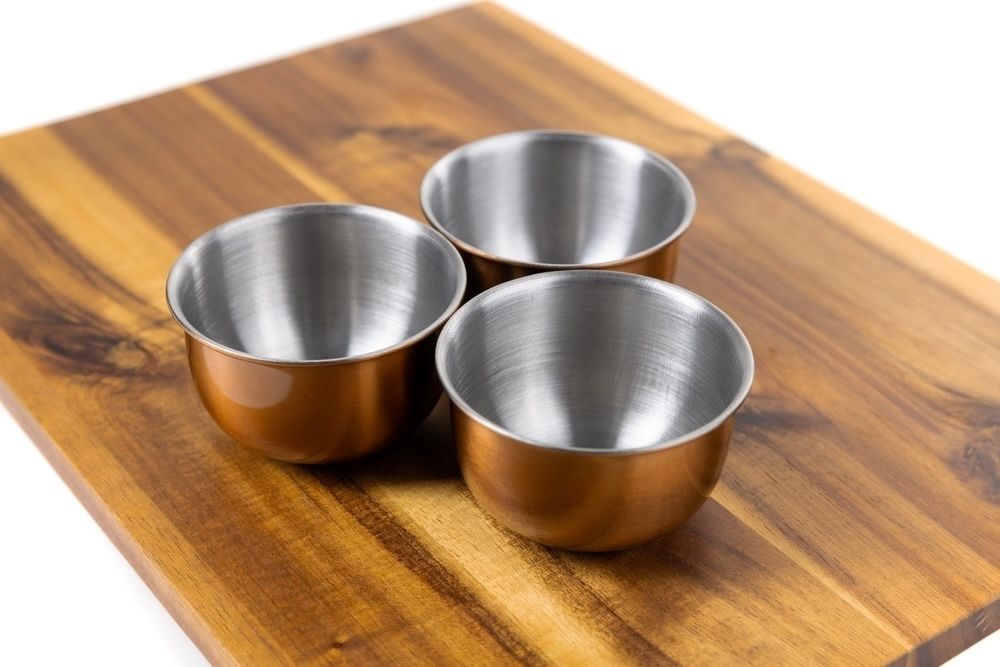
3. Conditioning Leather Items
Leather furniture, shoes, and accessories are often expensive investments, and keeping them in pristine condition can be a challenge. Over time, leather can dry out, crack, and lose its natural luster if not properly maintained. While there are plenty of leather conditioners on the market, many contain synthetic ingredients that may degrade the material or affect its color. Olive oil is an all-natural alternative that can restore leather’s softness and shine without any risk of chemical damage.
To condition your leather items, begin by ensuring that the surface is clean and free from dust or dirt. Dampen a soft cloth with water and wipe the leather gently. Next, pour a small amount of olive oil onto a clean cloth or sponge and work it into the leather in circular motions. Be careful not to oversaturate the leather with oil, as this could lead to staining. Allow the oil to absorb for about 10 to 15 minutes, then buff the surface with a dry cloth to remove any excess oil. The result is a moisturized, supple leather that looks and feels renewed.
Olive oil is particularly effective on leather furniture, such as sofas and armchairs, which can be subject to wear and tear from everyday use. By conditioning the leather regularly with olive oil, you can extend the life of your furniture and keep it looking its best. This method also works well for leather shoes, belts, bags, and even car interiors. Not only will olive oil soften and restore the leather, but it will also add a subtle shine that enhances the natural beauty of the material.
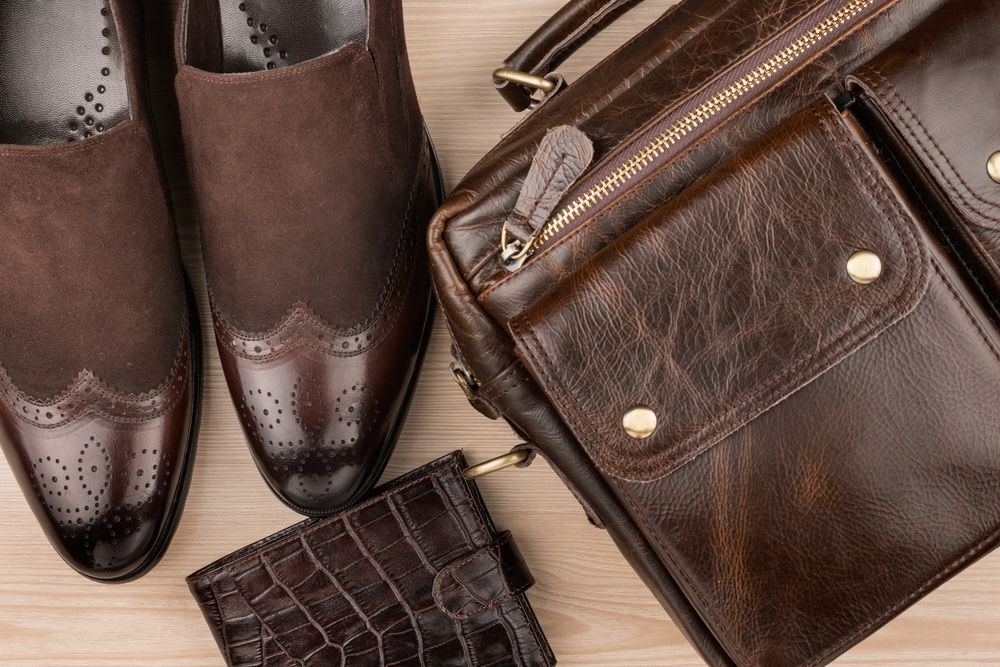
4. Removing Sticky Residue
Adhesive residue from price tags, tape, or glue can be one of the most frustrating things to clean off surfaces, often requiring harsh chemicals or excessive scrubbing. Olive oil provides a simple, natural solution to this problem. Its oily nature breaks down adhesives, making it easier to wipe them away without damaging the surface underneath.
To remove sticky residue, apply a small amount of olive oil to the affected area using a cotton ball or soft cloth. Let it sit for about five minutes, allowing the oil to penetrate the adhesive and break it down. After the oil has had time to work, use a cloth or sponge to scrub the residue away gently. You’ll find that it lifts off easily, leaving the surface clean and free of any sticky mess. This method works on a variety of surfaces, including glass, plastic, and metal, without the risk of scratches or chemical damage.
Olive oil is especially useful for removing sticker residue from new glassware or jars, where the adhesive can often be stubborn. It’s also an effective solution for cleaning up after craft projects, where glue and tape might leave behind unsightly marks. And because it’s a natural product, you don’t have to worry about any harmful chemicals being left behind on surfaces that come into contact with food, such as kitchen counters and jars.
5. Lubricating Squeaky Hinges
Squeaky door hinges can be annoying, and while WD-40 or other synthetic lubricants are often the go-to solution, olive oil offers a more environmentally friendly alternative. Unlike chemical lubricants, which can leave a strong odor and contribute to indoor air pollution, olive oil is non-toxic, odorless, and just as effective at eliminating squeaks.
To lubricate a squeaky hinge, first, ensure that the area around the hinge is clean and free of dust or grime. Using a pipette, cotton swab, or even a straw, apply a few drops of olive oil directly onto the hinge. Move the door or cabinet back and forth to allow the oil to work its way into the hinge mechanism. The squeak should disappear almost immediately, and the hinge will operate smoothly without the need for repeated applications.
Olive oil not only stops squeaks but also protects metal hinges from rust and corrosion. This makes it an excellent choice for use on outdoor furniture, garden gates, and even car doors. The oil acts as a barrier, preventing moisture from causing rust and keeping the hinges functioning smoothly for longer periods.
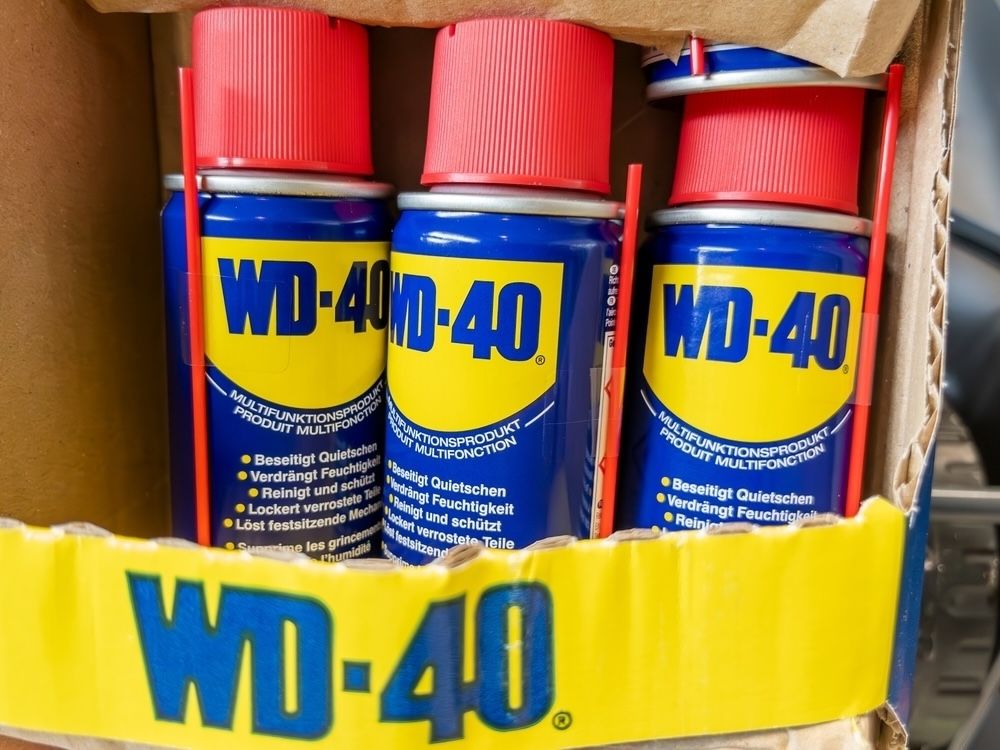
6. Restoring Stainless Steel Cookware
Stainless steel cookware is prized for its durability and resistance to rust and corrosion, but it can lose its shine after extended use. Stubborn stains, water spots, and food residue can build up over time, leaving your cookware looking dull and worn. Olive oil can help restore the natural shine of stainless steel cookware while providing a protective layer that repels future stains.
To restore stainless steel pots, pans, or utensils, first, clean the item with warm, soapy water to remove any food residue. Once the item is clean and dry, apply a small amount of olive oil to a soft cloth and rub it into the stainless steel, focusing on areas with visible stains or spots. The oil will help break down any remaining residue while restoring the surface’s natural shine. After applying the oil, use a clean cloth to buff the surface, ensuring an even, streak-free finish.
This method not only removes stains but also helps to protect your cookware from future discoloration and corrosion. Olive oil forms a thin, invisible layer on the surface of the stainless steel, making it more resistant to water spots and grime. Regular use of olive oil can help keep your cookware in pristine condition, extending its lifespan and saving you money in the long run.
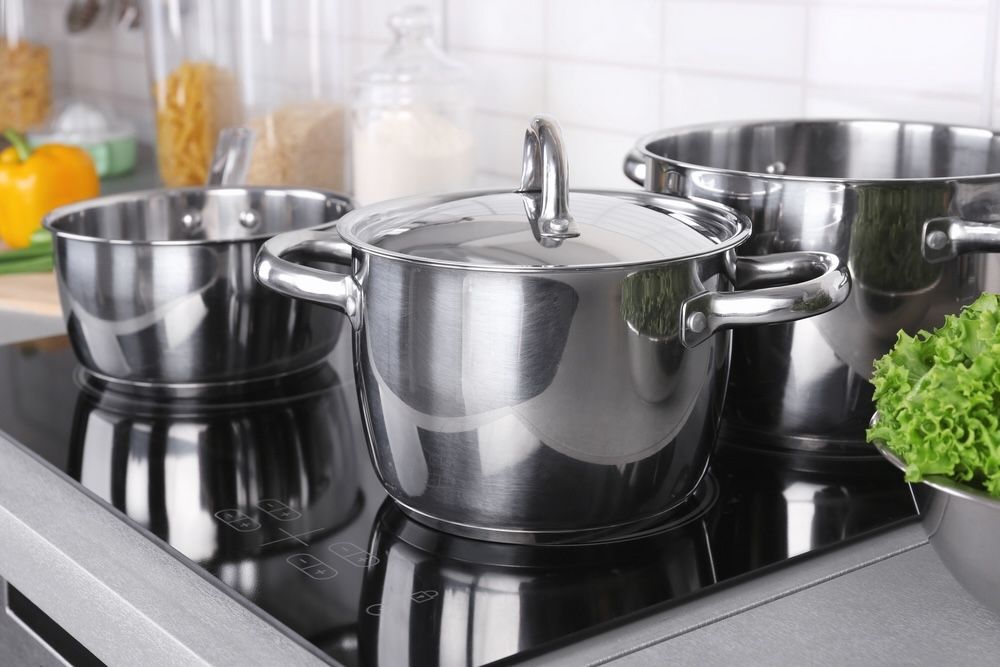
Sustainability and Health Benefits
One of the greatest advantages of using olive oil as a cleaning product is its minimal environmental impact. Unlike chemical cleaners, which are often manufactured using processes that release pollutants into the air and water, olive oil is a renewable resource that requires minimal processing. Its biodegradable nature means that it won’t linger in the environment or contribute to pollution after use.
From a health perspective, using olive oil for cleaning reduces your exposure to potentially harmful chemicals commonly found in household cleaners. VOCs, which are present in many synthetic cleaners, can cause respiratory issues, allergic reactions, and long-term health problems when inhaled over time. By opting for natural alternatives like olive oil, you can maintain a cleaner, safer living environment for your family while also supporting broader efforts to protect the planet.
Conclusion
Olive oil is a versatile, eco-friendly cleaning solution that can be used for a wide range of household tasks. Whether you’re polishing wood, restoring stainless steel, or removing sticky residue, this natural product offers a safe, effective alternative to chemical-based cleaners. Its rich, moisturizing properties nourish and protect surfaces, while its sustainability makes it a perfect choice for environmentally conscious households. Give olive oil a try in your green cleaning routine, and you’ll discover just how effective and rewarding this simple ingredient can be.
Check more articles on our blog

The Science of Microfiber Cloths

Explore Brilliant Natural Methods To Keep Your Home Clean
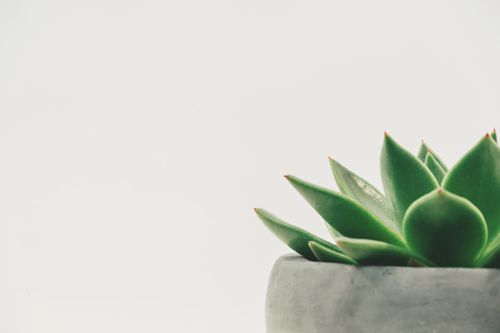
7 Creative Uses Of Baking Soda For Cleaning
